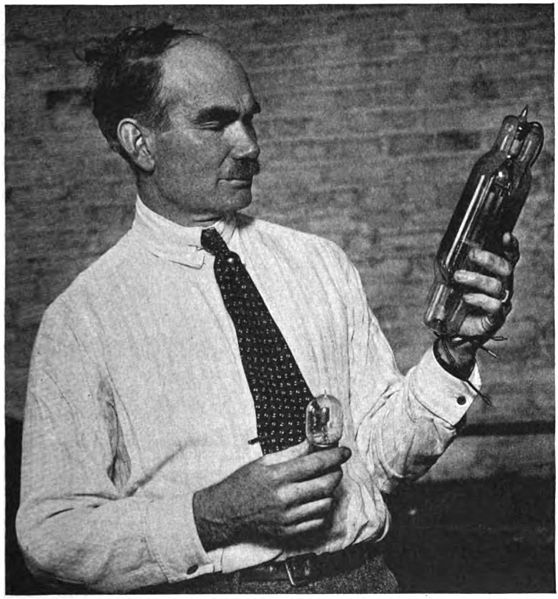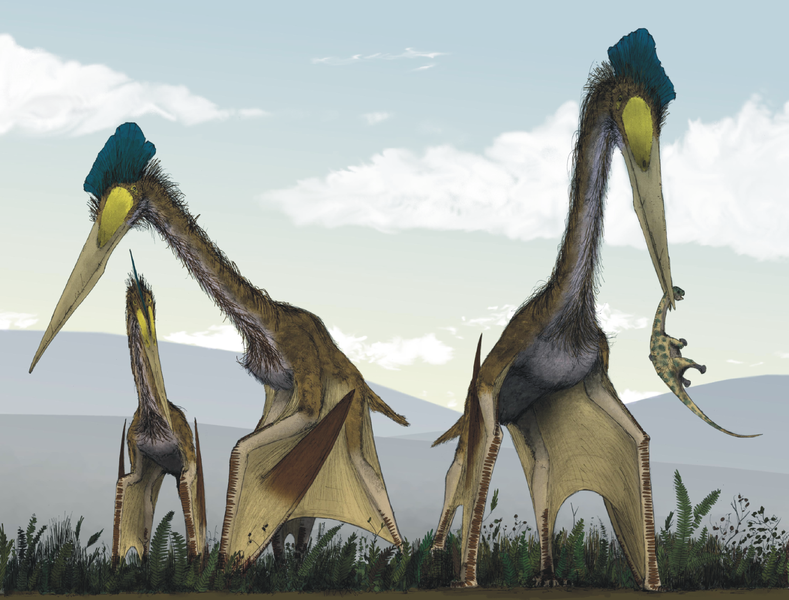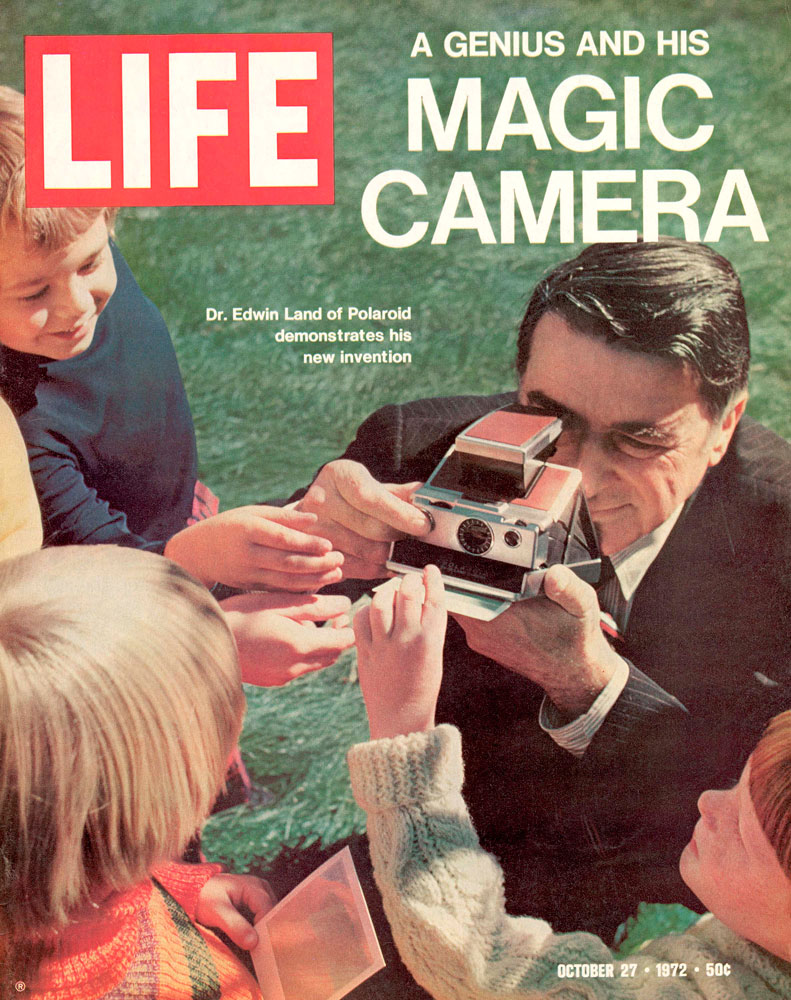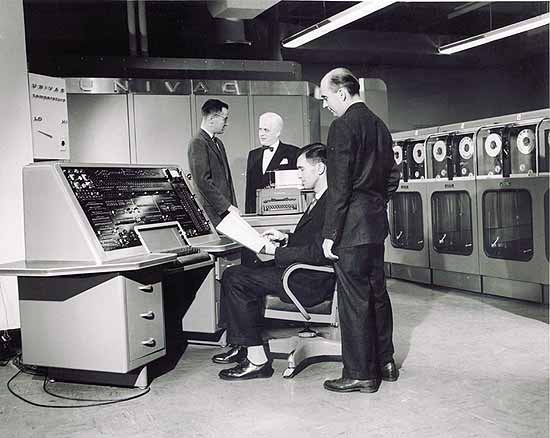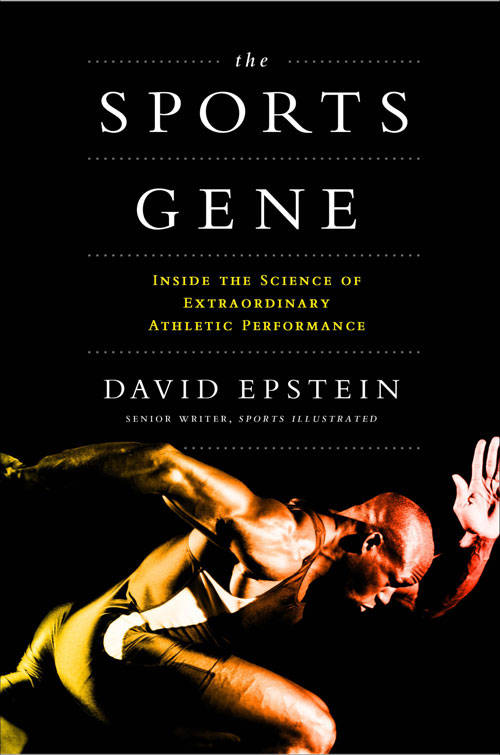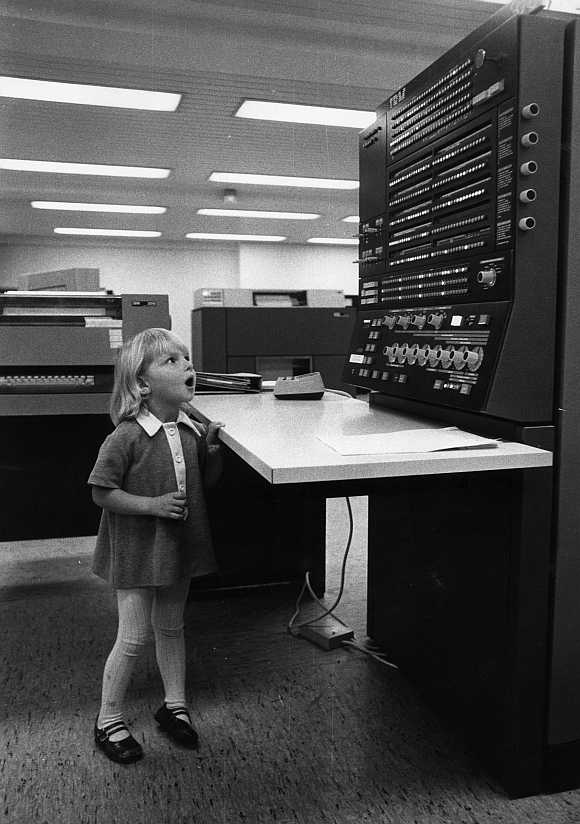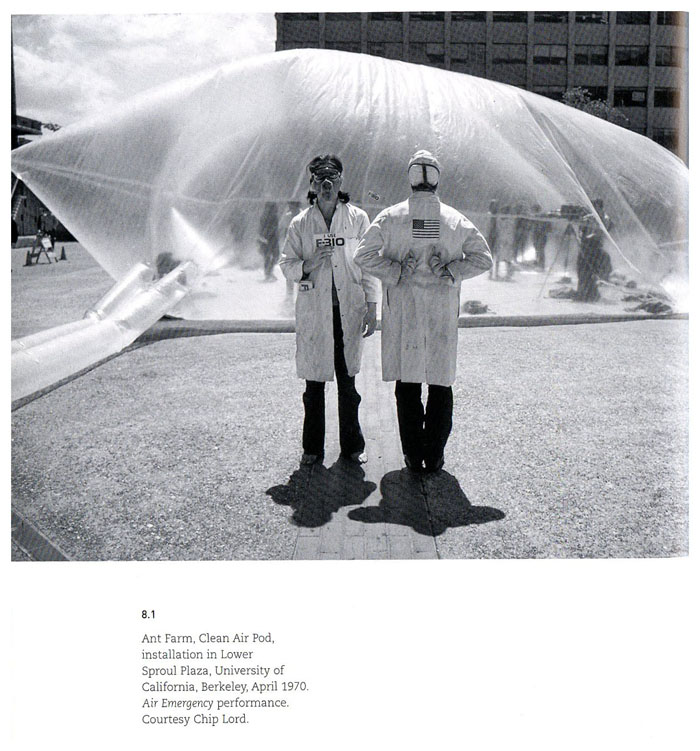
If the lithe Wendy’s Girl actually ate at Wendy’s with any frequency, she would be overweight and unhealthy. There are very large corporations determined to sell us as much cheap, lousy food as possible, strategizing how to best trigger our impulsive behaviors and undermine sound diets. On this topic, Deborah Cohen, RAND Corporation scientist and author of A Big Fat Crisis, conducted an Ask Me Anything at Reddit. A few excerpts.
_______________________
Question:
Do you think that “big is beautiful” and “plus size models” encourage obesity rather than discourage?
Deborah Cohen:
No, I don’t think this encourages obesity. It is a way to cope with the current situation of high rates of obesity, but it fails to point out the true causes of the epidemic. What we need to do is the shatter the myth that body size has anything to do with moral character. The fact is that the obesity epidemic is more about irresponsible business practices than irresponsible people.
Question:
You state that the “obesity epidemic is more about irresponsible business practices than irresponsible people”, and I agree that many businesses promote unhealthy attitudes. However, at the end of the day, what about personal responsibility? Shouldn’t we focus on strengthening the will power versus removing the temptation?
Deborah Cohen:
Over the past few decades many people have tried to strengthen their willpower and have invested billion is the diet industry. Yet few are successful. That’s because willpower is limited and fatigues like a muscle. Willpower is also a genetic trait and most people cannot improve their capacity for self-control. Some studies have followed people over 40 years and they found that the children who lacked self-control at age 4 still had low levels of self control compared to their peers at age 44. That’s why most New Year’s resolutions fail. We want to improve, yet the biggest barrier to controlling food intake is the environment. We can’t change people’s genes, but we can change business practices.
_______________________
Question:
Your book recommends that the government limit “the amount and choice of food items supermarkets would be allowed to sell to individual customers,” according to the Boston Globe. Americans would march in the streets if that law was implemented (at least until we got winded). How do you see ideas like yours not ending the careers of any politician who proposes them?
Deborah Cohen:
The Boston Globe reviewer misunderstood. What I recommend are limits on impulse marketing strategies, by which I mean not placing candy at the cash register or chips and sodas on the end-of-aisle displays. I recommend putting items that increase the risk of chronic diseases in places like the middle of an aisle on the bottom shelf, so those who want to buy them can still do so, and people who want to avoid them will be able to. Lots of people want candy-free check out aisles, but most supermarkets prefer to tempt people and manufacturers pay them for this shelf space.
_______________________
Question:
Do you think anything needs to be done about the relentless airings of fast food commercials on television? The only ones that don’t make me hungry are the Hardee’s commercials where scantily clad super models pretend to eat burgers larger than their heads.
Deborah Cohen:
Yes, I think that instead of banning these commercials we should have counter-advertising that points out how these commercials are duping us. It worked for tobacco control and I believe it would be successful to control obesity. Under the Fairness Doctrine, TV stations were mandated to provide free air time for anti-tobacco ads if the stations were airing pro-tobacco ads. The tobacco companies wised up and stopped showing tobacco ads so there was no more free air time for counter ads.
_______________________
Question:
I have personally never been sold on the “fat gene” idea. We almost never saw fat people until the second half of the 20th century when it became common; previously it was only the very wealthy that could even get fat. Nowadays with cheap fatty food available for all it just makes sense that people can get big fast. Now obviously some people have better metabolism than others, but the idea that someone can claim they’re fat because of their genes always seems like a cop out for someone that loves fast food and no working out.
Not having read your book, can you reinforce our counter my claim that genetics does not play a large role in weight gain/health?
Deborah Cohen:
You are right! Obesity rates doubled between 1980 and 2000, a time period too short for genetics to play a role. The increase in obesity, I believe, is solely due to the change in the food environment. As I argue in my book, our country has been turned into a food swamp, inundating us with too much food, too much food advertising, and easy, convenient access to calories 24/7.
_______________________
Question:
What do you think of a South Beach-type diet for long-term weight control?
Deborah Cohen:
Most diets work if you can follow them. The problem is that most people cannot stay on a diet because they are continually undermined by all the cues that tempt people to eat more than they need. People are wired to feel hungry when they see or smell tempting food. If humans were like cars, and could only fill up a limited tank when it was empty, we would not have survived over the millenia. Dieting in and of itself can backfire for some people and lead them to gain more weight than if they hadn’t been on a diet in the first place. That’s because once we try to forget about food, that’s all we can think of. We become even more sensitive to food cues and if we are stressed, we can find ourselves binging. Willpower fatigues like a muscle, and most of us face limits in our capacity for self-control.•








